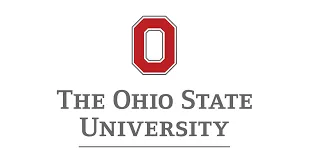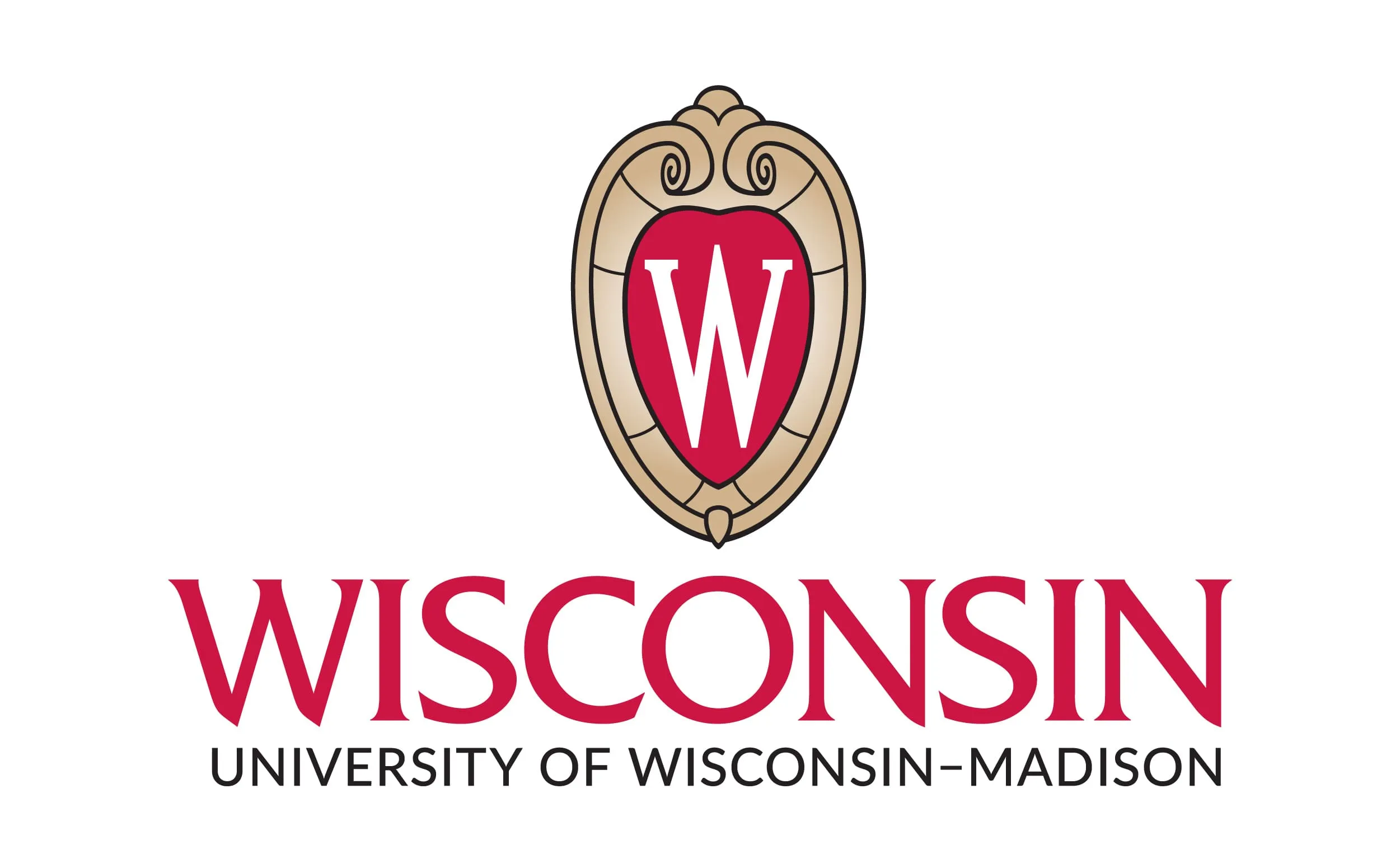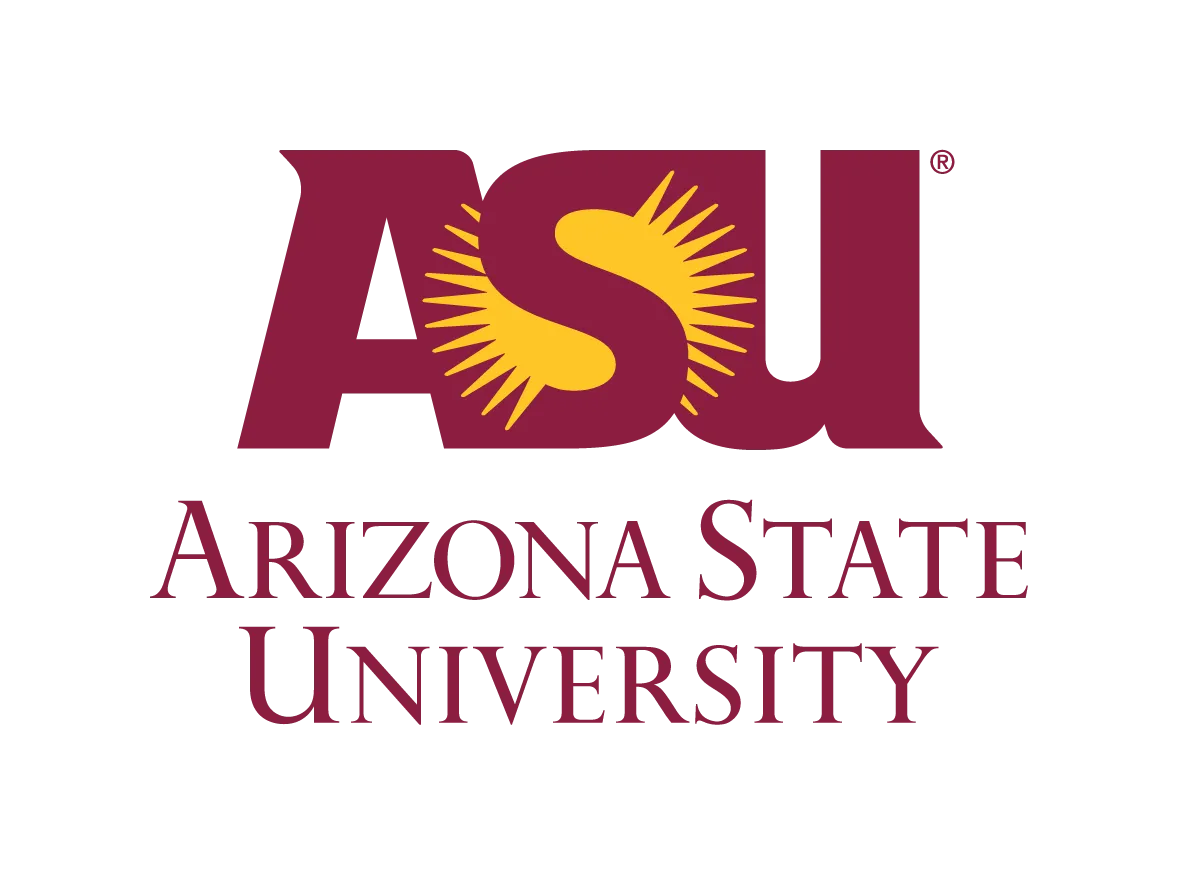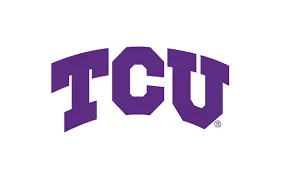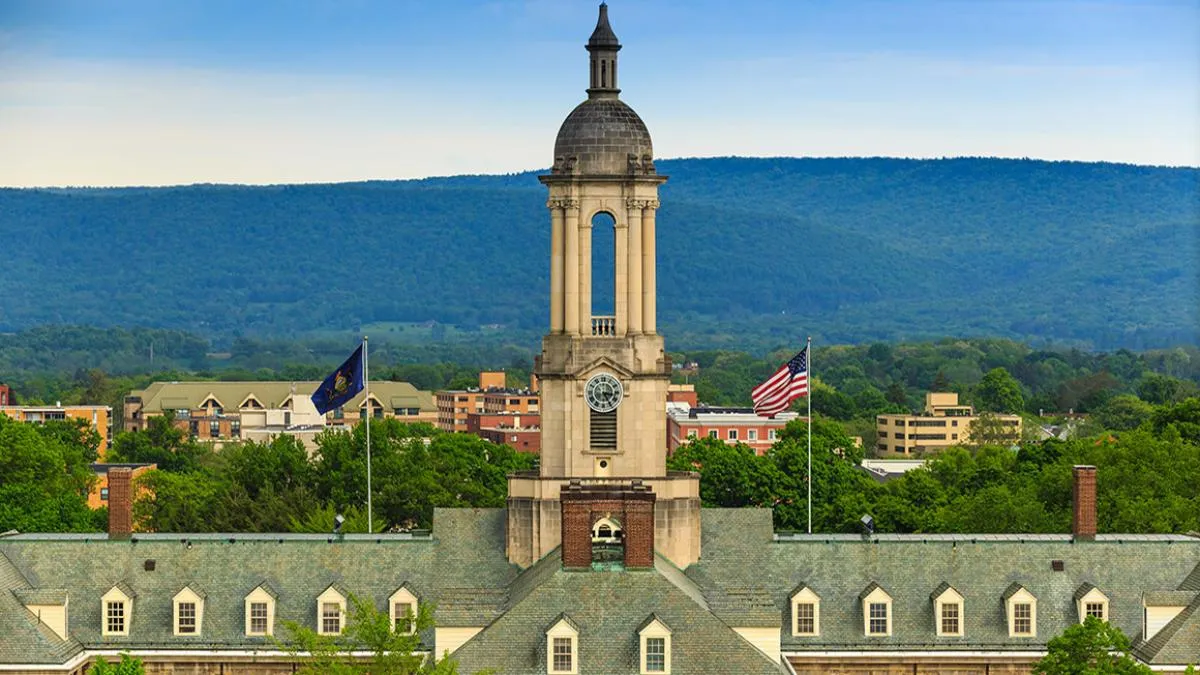
BS in Actuarial Science
Pennsylvania State University (United States) · State College, PA 16801, USA
About

#82
QS

#91
USNews

#100
THE
Penn State, founded in 1855 as an agricultural college, admitted its first class in 1859. The Pennsylvania legislature designated Penn State as the Commonwealth's sole land-grant institution in 1863, which eventually broadened the University mission to include teaching, research, and public service in many academic disciplines. Penn State has awarded more than a half-million degrees, and has been Pennsylvania's largest source of baccalaureate degrees at least since the 1930s. Although the University is privately chartered by the Commonwealth, it was from the outset considered an instrumentality of the state, that is, it carries out many of the functions of a public institution and promotes the general welfare of the citizenry. The Governor and other representatives of the Commonwealth have held seats on Penn State's Board of Trustees since the University founding, and the legislature has made regular appropriations in support of the University's mission since 1887. Today Penn State is one of four state-related universities (along with the University of Pittsburgh, Temple University, and Lincoln University), institutions that are not state-owned and -operated but that have the character of public universities and receive substantial state appropriations. With its administrative and research at the University Park campus, Penn State has 23 additional locations across Pennsylvania and Penn State World Campus, which provides on-line degree offerings. While some of the these locations, such as the Penn State Milton S. Hershey Medical Center, have specialized academic roles, they all adhere to a common overall mission and set of core values and strategic goals.
Program Details:
Program WebsiteBasic Info
Institute
Smeal College of Business
Degree
BS
Duration
4 years
STEM Designated
Yes
Program
Actuarial Science
Expense
Living Expenses
USD 25700
Tuition Fee (Domestic)
USD 21100
Tuition Fee (International)
USD 43500
Eligibility
Minimum/ Avg Score
IELTS
6.5
TOEFL
80
Duolingo
120
High School GPA
3.65 - 3.94
SAT
1320 - 1480
ACT
29 - 33
Ready to apply? Secure your spot at your dream university with our expert help!
Deadlines:
Deadline WebsiteIntake Deadline 1
Stay on track with your applications. Login Now to Unlock all program related information.
Document Required:
Stay on track with your applications. Login Now to Unlock all program related information.

